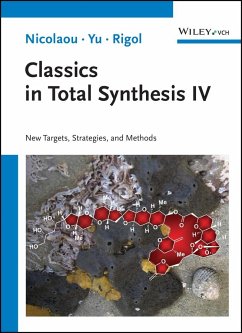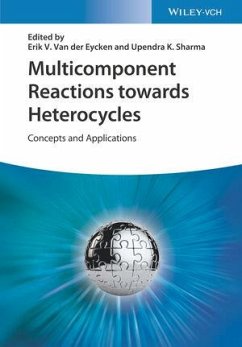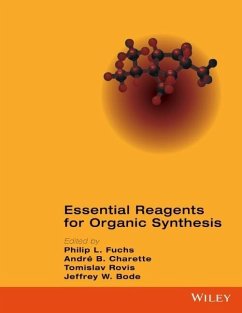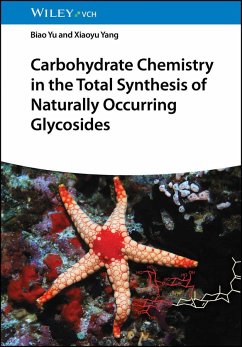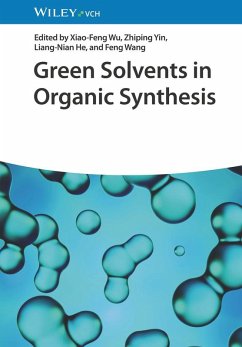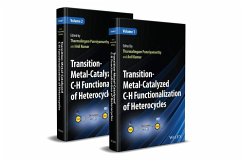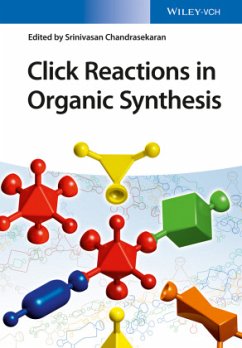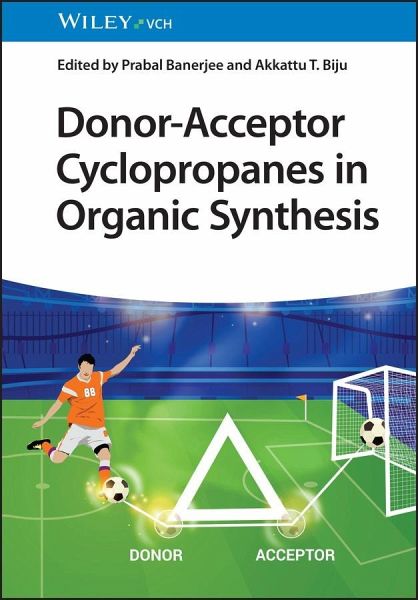
Donor-Acceptor Cyclopropanes in Organic Synthesis

PAYBACK Punkte
52 °P sammeln!
Doner-Acceptor Cyclopropanes (DACs) play an essential role in organic reactions and belong to the toolbox of synthetic chemistry. This book covers comprehensively the chemistry and applications of this compound class and is indispensable for every scientist working in this area.





